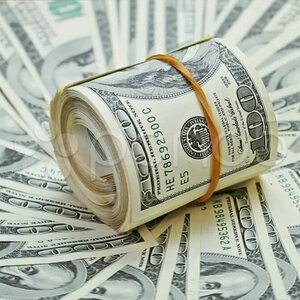I don't print them - why can't we just print and hand out money to everyone?
Economic crises, the Great Depression, poverty, and hunger are all consequences of the complexities of the world economic system and the lack of money. Everyone has thought at least once about how easily all problems could have been solved if money had simply been printed in unlimited quantities. No one would need anything, there would be no destruction and no wars, right? Not at all.
The curse of the system.
We are all, in one way or another, involved in a world economic system from which there is no escaping. Originally, money made life very easy for people - they no longer needed to exchange specific goods to meet their needs. Later, people began to focus on gold. Gold reserves were considered a measure of the economy. However, the world realized that everything was shaky: in the thirties of the last century, the supply of gold for sale in America declined. Thus came the Great Depression, followed by the global economic crisis.
On Black Thursday morning, U.S. residents heard news of the stock market crash. Money was directly dependent on gold reserves. And when the reserves became insufficient, there was a collapse. Deflation, crisis and unemployment were the results of the dependence on gold. The precious reserve was abandoned, but the brutality of the system did not disappear. Ideally, a state should have a stock of money related to the capacity of production. If huge amounts of bills were printed, there would be nothing to exchange them for. Besides, everyone will want to use them for their own business at once. This would lead directly to inflation because people would sweep everything off the shelves of stores and immediately encourage sellers to inflate prices. Money will be scarce anyway - welcome to the vicious circle.
The money won't reach us.
Even if the government really does print money non-stop, the citizens simply won't get it. After all, all the money goes through the banking sector. In other words, the money is taken from the banks and returned to the banks. In turn, banks take money from the Central Bank, which is their issuer. This means that it is the Central Bank that issues securities or other means of payment in its own name and as part of its activities.
It is the Central Bank that regulates the circulation of money in the country. It studies how much goods and services are produced and how much is consumed, and based on this it issues currency into circulation. If money is just printed in huge quantities, the bank will not be able to distribute it anyway.
Is It Worth Trying
However, if the state is doing fine with the economy, the introduction of additional bills will help reduce the prices of loans and goods.
